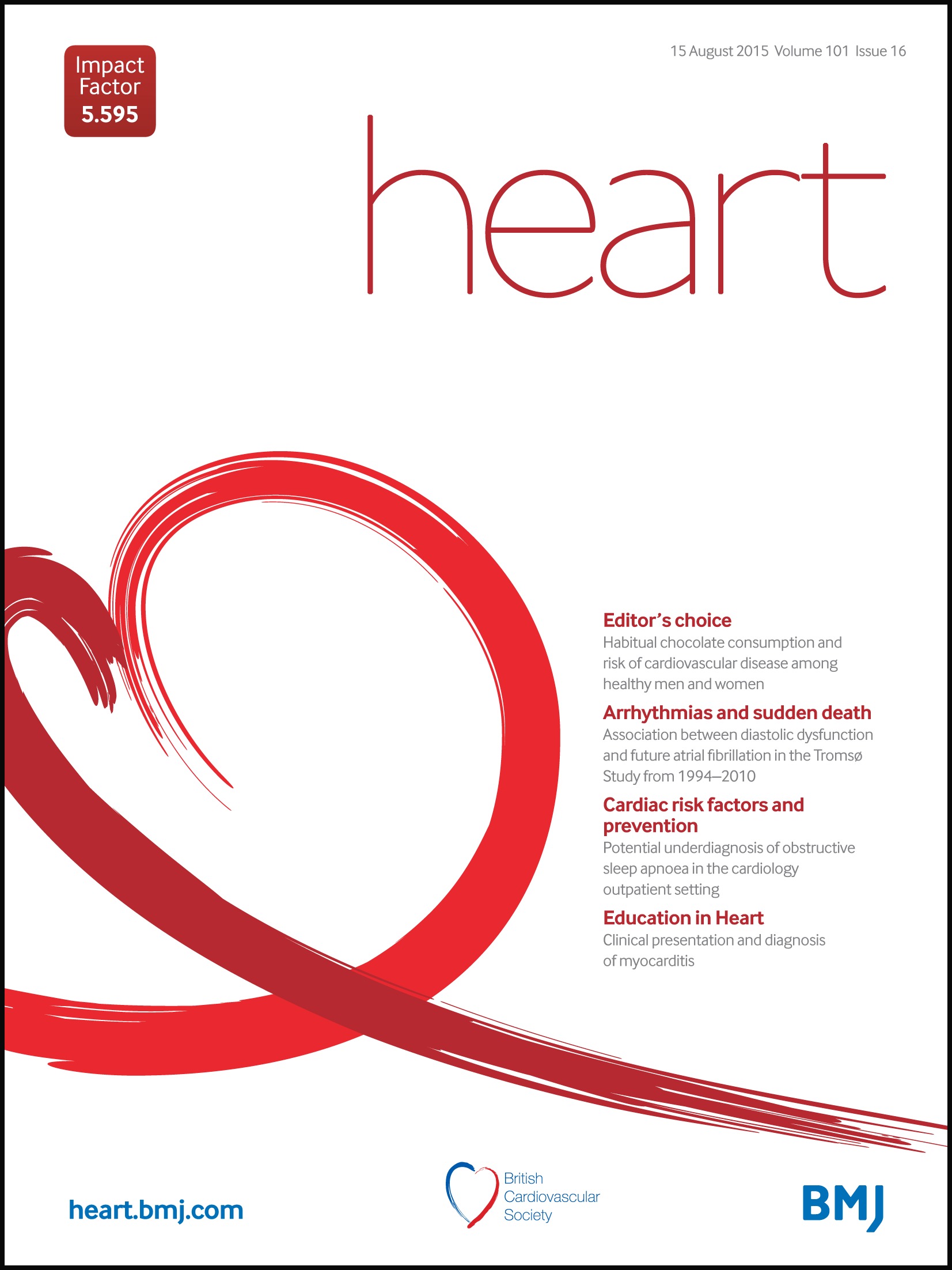… http://heart.bmj.com/content/early/2018/03/21/heartjnl-2017-312819?utm_source=trendmd&utm_medium=cpc&utm_campaign=heart&utm_content=consumer&utm_term=0-a Log in to your account so that you can subscribe to topics you're interested in! Login

Evidence that the antioxidant flavonoids in tea and cocoa are beneficial for cardiovascular health – PubMed
Epidemiologic studies suggest an inverse association of tea consumption with cardiovascular disease. The antioxidant effects of flavonoids in tea (including preventing oxidative damage to LDL) are among the potential mechanisms that could underlie the protective effects. Other possible mechanisms in
Chocolate consumption in relation to blood pressure and risk of cardiovascular disease in German adults | European Heart Journal | Oxford Academic
AbstractAims. To investigate the association of chocolate consumption with measured blood pressure (BP) and the incidence of cardiovascular disease (CVD).Method … https://doi.org/10.1093/eurheartj/ehq068 Log in to your account so that you can subscribe to topics you're interested in! Login

Habitual chocolate consumption and risk of cardiovascular disease among healthy men and women | Heart
… https://doi.org/10.1136%2fheartjnl-2014-307050 Log in to your account so that you can subscribe to topics you're interested in! Login

Obesity and Cardiovascular Risk Improvement Using Cacao By-Products in a Diet-Induced Obesity Murine Model – PubMed
In the production of chocolate, only cocoa seeds are used, generating by-products that are generally discarded, increasing the risk of environmental contamination. Given fiber, carbohydrates, proteins, and flavonoid content the use of cacao pod husks can generate nutraceutical products for
